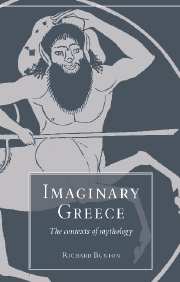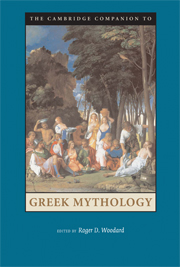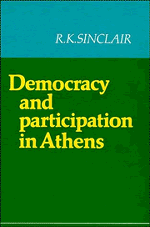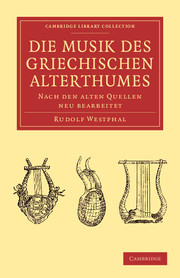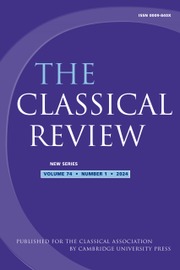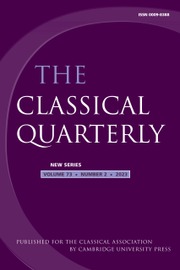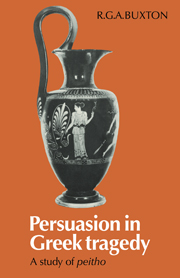Imaginary Greece
This is a study of Greek mythology in relation to its original contexts. Part one deals with the contexts in which myths were narrated: the home, public festivals, the lesche. Part two, the heart of the book, examines the relation between the realities of Greek life and the fantasies of mythology: the landscape, the family and religion are taken as case-studies. Part three focuses on the function of myth-telling, both as seen by the Greeks themselves and as perceived by later observers. The author sees his role as that of a cultural historian trying to recover the contexts and horizons of expectation which simultaneously make possible and limit meaning. He seeks to demonstrate how the seemingly endless variations of Greek mythology are a product of a particular community, situated in a particular landscape, and with these particular institutions.
- Examines the ancient context of Greek mythology rather than treating the myths as timeless symbols or telling the stories
- This book demystifies Greek mythology: Richard Buxton writes in a clear and readable style, avoiding the jargon of much myth-theory
- As important for those studying Greek cultural history as for those specialising in mythology
Product details
No date availableHardback
9780521329781
266 pages
217 × 155 × 21 mm
0.487kg
23 b/w illus.
Table of Contents
- Introduction
- Part I. Narrative Contexts:
- 1. Telling tales
- 2. Myths in performance
- 3. Performance into text
- 4. Images in context
- Part II. Re-Imagining the World:
- 5. Cookery and recipes
- 6. Landscape
- 7. Family
- 8. Religion
- Part III. What was the Point?:
- 9. The actors' perceptions
- 10. Modern perspectives
- Epilogue.

